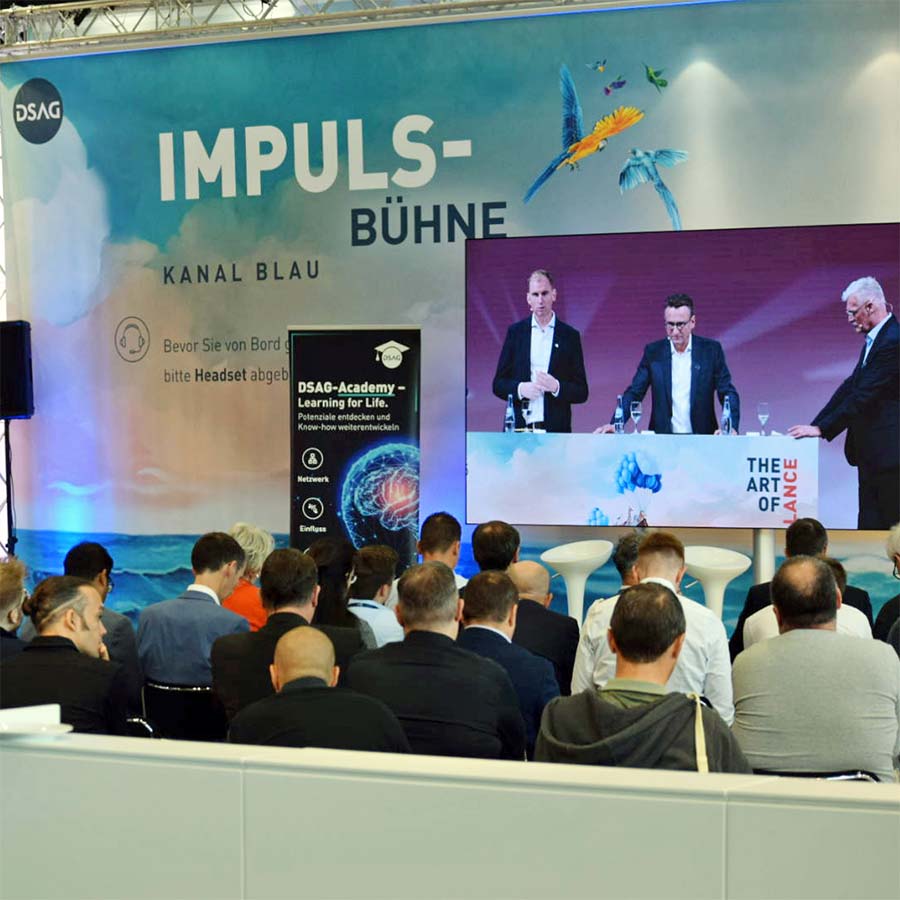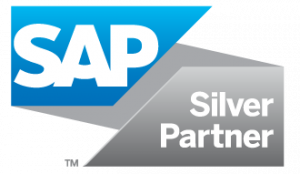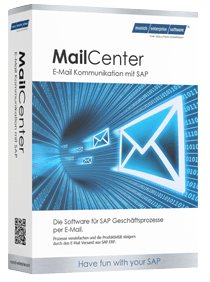Stability in transformation, artificial intelligence on the rise and harmonized data as a basis – the DSAG annual congress from September 16 to 18, 2025 in Bremen set its topics between these three anchor points.
The Art of Balance: DSAG focuses on cloud strategies
“The Art of Balance. Is it all a question of balloons?” is the motto this year. What was meant by this: From DSAG’s point of view, the cloud is the right way to go, and with the new Business Suite, SAP has set a holistic vision for future SAP and IT architectures in the cloud. The Business Data Cloud, in turn, is intended to serve as a central data platform for harmonizing, managing and analyzing SAP and non-SAP data, with the Business Technology Platform as the foundation for the new SAP world. But this path is challenging. SAP user companies need a sustainable strategy that combines stability and progress, i.e. balances it.
Table of Contents

Cloud ERP: Private Cloud, Public Cloud, and Hybrid Models
From DSAG’s point of view, cloud ERP is to be understood as both the private cloud and the public cloud on an equal footing. “For the cloud transformation to succeed, we need a consistent and harmonized architecture, uniform operating models, clear migration paths, and transparent license and discount models that can be scaled up and down,” says Jens Hungershausen, DSAG CEO.
In the run-up to the congress, SAP announced preconfigured package solutions based on SAP Business Suite, which are directly integrated into SAP Build. They are intended to help accelerate cloud adoption. At the same time, DSAG is calling for flexible licensing and discount models that make switching attractive and easy for customers. Even if the cloud is the distant future, at least the near one will be hybrid. And: Cloud does not mean public cloud per se. It is a fact that their share still lags significantly behind that of private cloud scenarios.
Artificial Intelligence and SAP Systems
Neither the new Business Suite nor the cloud in general can be separated from the topic of artificial intelligence. If you talk to user companies, however, they want AI functions for on-premises systems as well. An impression that is confirmed in discussions with manufacturers of SAP add-on software. Technically, this is quite feasible, according to Jens Hungershausen.
Cybersecurity at the heart of it all
According to the DSAG Investment Report 2025, security is clearly in first place among the overarching topics and this was also reflected in the lecture and supporting program of the congress. Cybersecurity means protecting networks, devices, applications, systems, and data from cyberattacks. The threat situation in cyberspace is developing highly dynamically and is a continuous, complex and challenging task, not least due to AI.
Today, security requirements must already be taken into account during the development of solutions – keyword: security-by-design, i.e. thinking about the topic for all solutions from the very beginning. This is exactly what SAP Chief Technology Officer Thomas Saueressig announced in Bremen, against the backdrop of a doubling of attacks on SAP systems in the last twelve months. However, this does not mean leaving the responsibility for security solely to the ERP provider – it also remains an issue for user companies, for which the following applies: IT baseline protection in accordance with established standards such as ISO 27001 or NIS2 is mandatory.
Conclusion: Between stability and progress
All in all, nothing really new from DSAG this autumn. The burning issues – S/4 transition, AI, cybersecurity – are increasingly coming to the fore, but many customers don’t want to go as fast as SAP would like. And the user association fulfils its task of moderating between the two.






